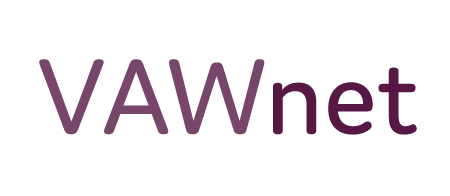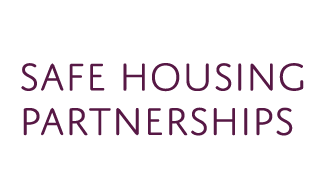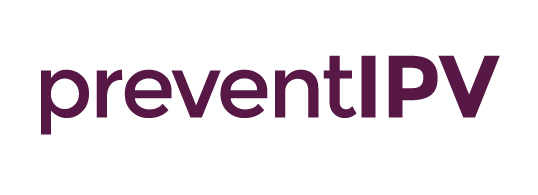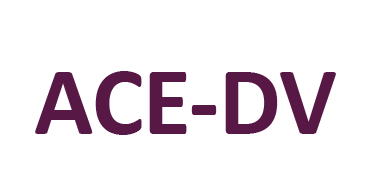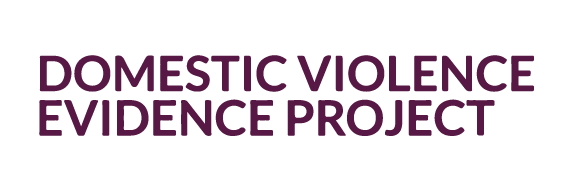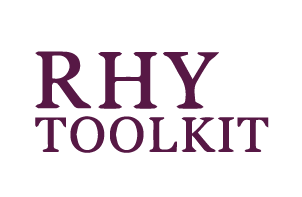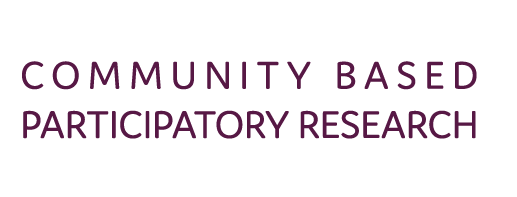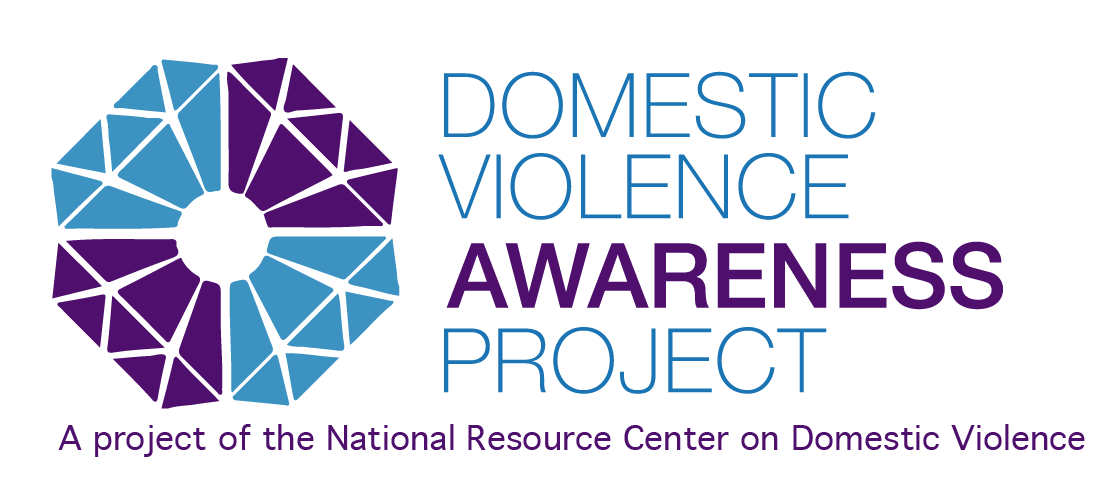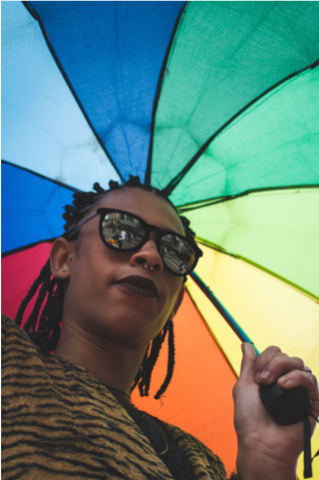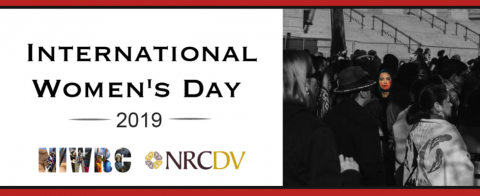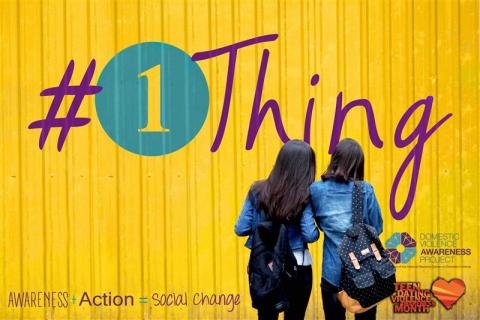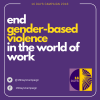#DVAM2019 is Almost Here!

As we count down the days to Domestic Violence Awareness Month (DVAM), we’re excited to share some new resources and upcoming activities from the Domestic Violence Awareness Project (DVAP), a project of the National Resource Center on Domestic Violence. The DVAP supports and promotes the national, tribal, territorial, state and local advocacy networks in their ongoing education efforts through public awareness campaigns, strategies, materials, resources, capacity-building and TA. The voices, leadership and expertise of those who have experienced violence have informed the DVAP since its inception in 1998. We embrace the idea that Awareness + Action = Social Change. You can be part of the equation!
